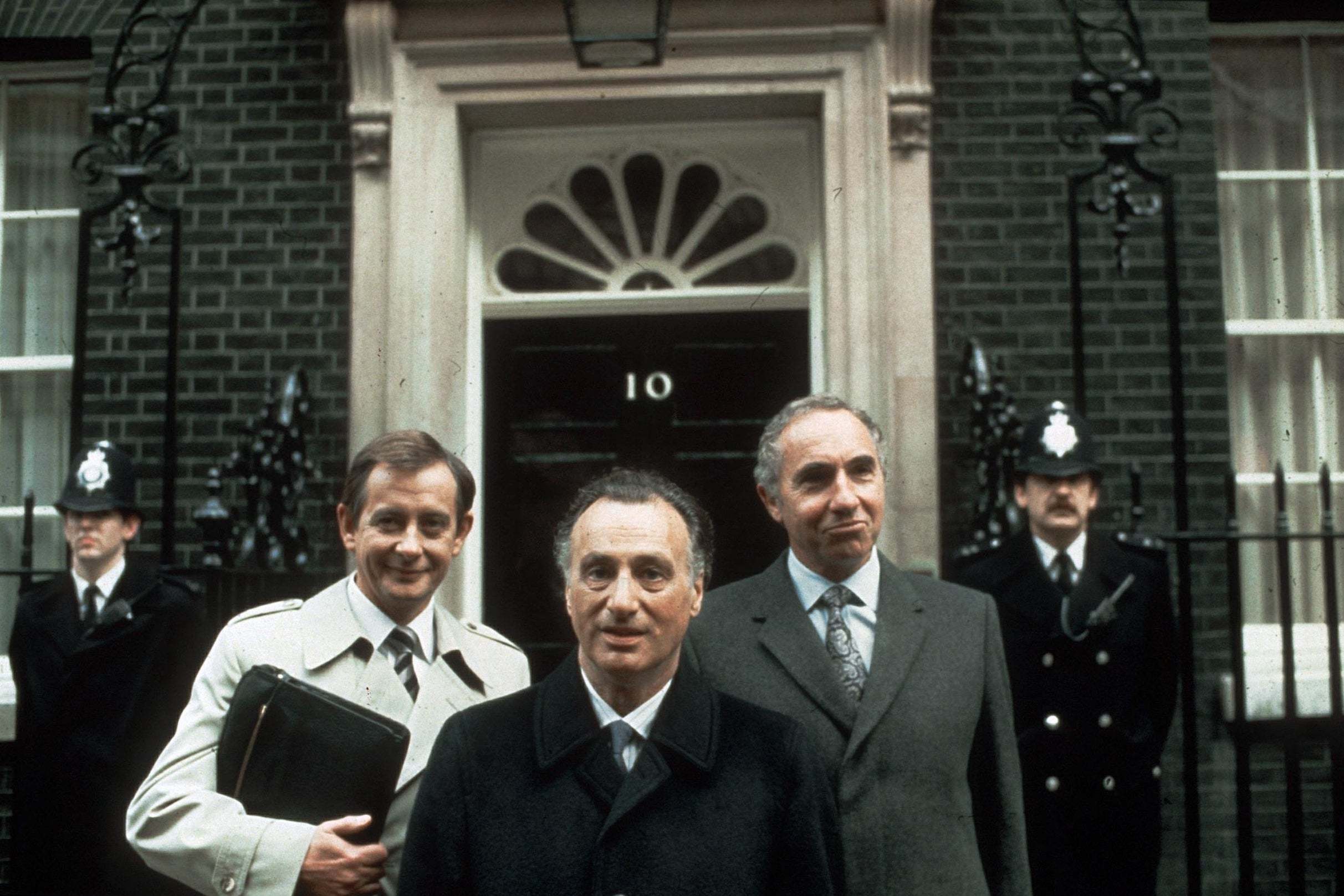Time for a change in dysfunctional Whitehall? Yes, minister…
Away from the name-calling and mud-slinging by political big beasts, the Covid inquiry has at least performed one meaningful function – detailing the myriad ways in which the civil service is hobbled by a silo mentality and not fit for purpose, writes Andrew Grice


The phase of the Covid inquiry about the government’s decision-making, which ended this week when Rishi Sunak gave evidence, has been dominated by personality clashes, who hates whom and who swore the most in their WhatsApp messages.
While this is highly entertaining, it obscures the real lesson: the need to reform a dysfunctional system at the centre of government, notably at the Cabinet Office.
I think it would have struggled to cope in the uncharted waters of a pandemic, no matter who was prime minister. Boris Johnson’s character flaws and unfitness to be PM compounded the problem but any PM would have floundered; the heart of government was “not fit for purpose”, as the former Labour home secretary John Reid once described the Home Office.
As one Whitehall insider told me, the Cabinet Office is “a department of bits and pieces” whose functions – including crisis management and resilience planning – do not fit easily into other departments. A review by two senior civil servants found the system worked well for well-understood risks such as flooding and some terrorist attacks but struggled with new crises that do not fit neatly in one department.
“At times, departments are reluctant to take responsibility. At times, the Cabinet Office is reluctant to relinquish it,” they said. Sir Humphrey lives on, long after the end of TV’s Yes, Minister.
The problem goes much wider than handling crises; it is also about effective government in normal times. On paper, 10 Downing Street has all the power but it is small by international standards; officials admit it is consumed by day-to-day firefighting, rather than setting the government’s strategy and progress-chasing to ensure it is delivered.
The Cabinet Office, charged with coordinating departments, has grabbed more and more power over the years to become “incredibly bloated” and “effectively invisible” to ministers, Johnson’s closest aide Dominic Cummings told the inquiry in one of his milder moments. (He also said it was “terrifyingly s***”, a “bombsite” and “dumpster fire”.)
For once, this is not a case of the politicians and their aides blaming their own mistakes on a civil service “blob”. Simon Case, now the cabinet secretary, wrote in a text in April 2020: “The Cabinet Office is a totally dysfunctional mess at present.” Helen McNamara, who was deputy cabinet secretary during the pandemic, admitted in an internal memo the Cabinet Office’s work “compounded some pre-existing problems about ways of working” between Cabinet Office teams and No 10. Having too many leaders in the Cabinet Office “means they can’t take decisions without consulting others”, she said, and the department had “lost its way in making the Whitehall machine work for No 10”.
The answer? The centre should be strengthened by the creation of a prime minister’s department that takes over the Cabinet Office’s coordinating role.
The good news is that Labour has been watching the Covid inquiry closely, and looks likely to learn the right lesson. Keir Starmer’s team is considering how to bolster the centre to ensure his much-vaunted “five missions for government” are delivered.
“We are looking at it,” one Starmer adviser told me. An important voice will be Sue Gray, the former senior Cabinet Office civil servant who is now Starmer’s chief of staff.
Starmer wants more cross-departmental work on issues such as child poverty to end Whitehall’s “silo mentality”. As director of public prosecutions, he was frustrated by the absence of a joined-up approach to criminal justice.
Any review of the centre would have to address the all-powerful role of the Treasury. Some Labour aides want to embed closer working between Treasury and No 10 teams but that would have to be implemented quickly to stop the Treasury blocking it. (When Cummings did this, and took the power to appoint the chancellor Sajid Javid’s special advisers, Javid resigned.)
The Treasury guards its power jealously and, as chancellor, Rachel Reeves would be unlikely to adopt the recommendations of a review by Francis Maude, the Tory peer and former minister, to limit the Treasury’s role to a finance ministry and hand control of spending to a more powerful centre – Office of the Prime Minister and Cabinet and an Office of Budget and Management – so it better reflects the government’s priorities.
The structure Starmer chooses would matter. A more efficient centre would be vital because there would be no cash to splash.
Only three members of his shadow cabinet – Yvette Cooper, Ed Miliband and Hilary Benn – have served in a cabinet and some Labour insiders fret privately about his team’s lack of experience. Training sessions on how to be a minister, at the Institute for Government and the Tony Blair Institute, would help prepare them but they would also need to learn on the job – fast.
Starmer will need a Rolls-Royce, not a penny-farthing, Whitehall machine.






Join our commenting forum
Join thought-provoking conversations, follow other Independent readers and see their replies
Comments